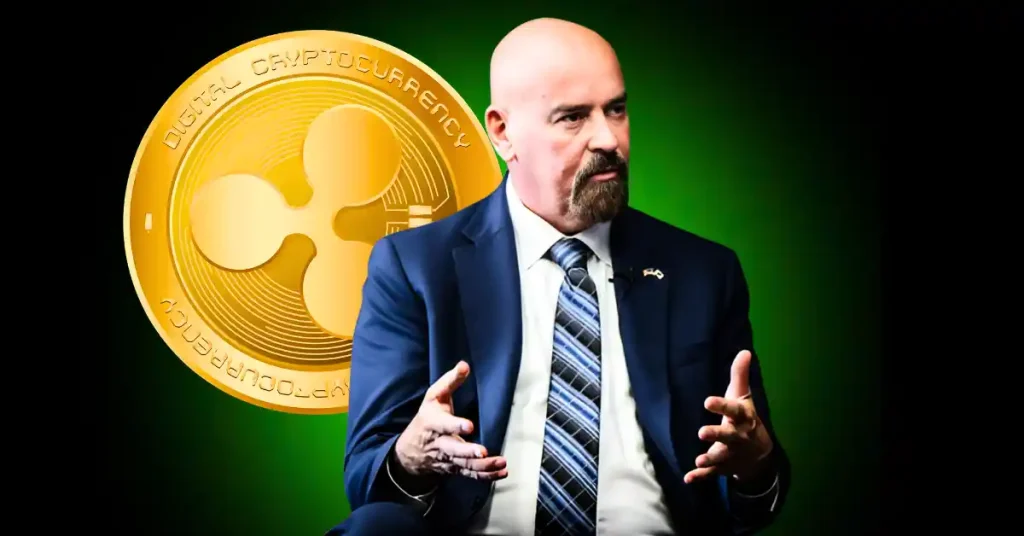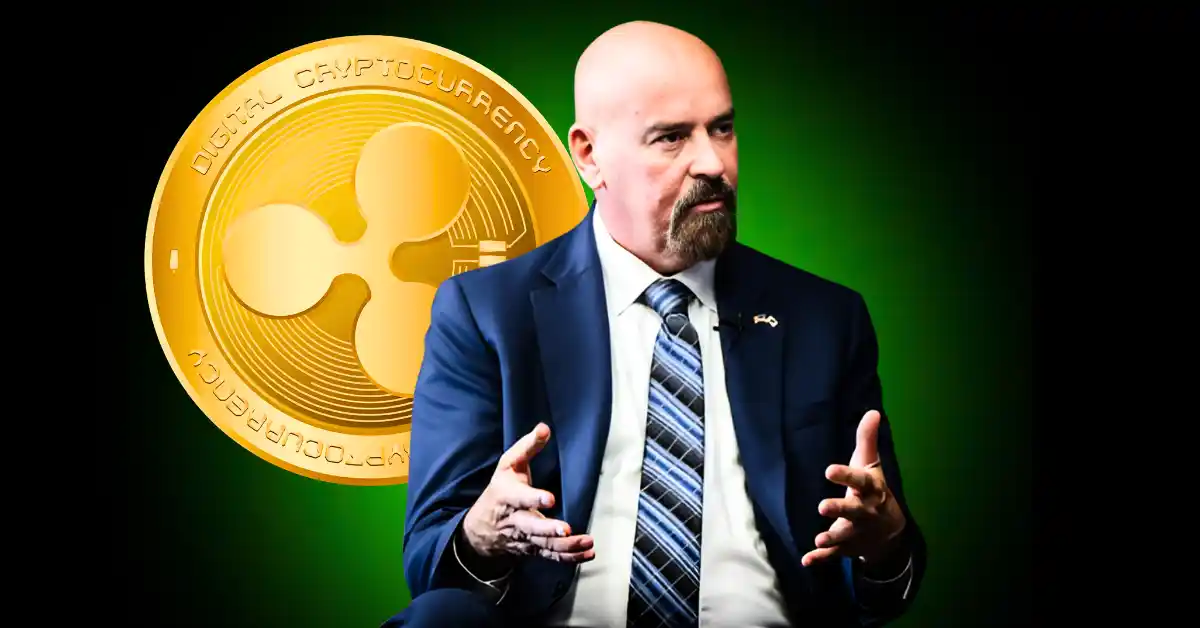
Linqto, a platform once celebrated for its mission to democratize pre-IPO investing, now faces a crisis that threatens its credibility and the trust of its investors. The controversy centers on the platform’s offerings of shares in high-profile companies like Ripple and Circle, which are now under federal scrutiny. Investors are grappling with confusing ownership structures, unclear refund strategies, and a growing sense of betrayal. This analysis explores the complexities of Linqto’s predicament, examining the concerns raised by investors, the responses from key stakeholders, and the broader implications for the pre-IPO investment market.
The Illusion of Direct Ownership
At the heart of the controversy is the question of what investors actually purchased when they invested in Linqto. According to Ripple’s CTO and attorney John Deaton, investors did not own Ripple shares directly. Instead, they owned shares or units of a Special Purpose Vehicle (SPV) that held Ripple shares. This distinction is critical because it affects the legal rights and protections investors believed they had. Many investors assumed they were buying Ripple shares outright, a misunderstanding that has fueled their frustration. The confusion over ownership structures raises serious questions about transparency and investor education on Linqto’s platform.
The SPV model, while common in private equity and venture capital, is not well understood by retail investors. Linqto’s failure to clearly communicate this structure has left investors vulnerable to misinterpretation. The lack of clarity has also made it difficult for investors to assess the risks associated with their investments. As the controversy unfolds, it is becoming clear that Linqto’s marketing materials may have oversimplified the nature of the investments, leading investors to believe they were gaining direct exposure to companies like Ripple and Circle.
Ripple’s Response: Damage Control and Distancing
Ripple’s CEO, Brad Garlinghouse, has taken steps to clarify the company’s position in the Linqto controversy. He confirmed that Ripple stopped approving Linqto from purchasing more of its shares on secondary markets at the end of last year. Garlinghouse also emphasized that Linqto never directly purchased 4.7 million Ripple shares, a claim that has been circulating among investors. His statements suggest that Ripple was aware of potential issues with Linqto’s operations and sought to limit its exposure to the platform.
Ripple’s response reflects a broader strategy of damage control. By distancing itself from Linqto, Ripple aims to protect its reputation and reassure its own investors that the company remains unaffected by the controversy. However, the situation also highlights the risks associated with partnering with platforms that offer pre-IPO investments. Ripple’s involvement with Linqto, even indirectly, has drawn scrutiny from investors and regulators, raising questions about the due diligence Ripple conducted before engaging with the platform.
John Deaton’s Role: Advocating for Investors
John E. Deaton, a prominent attorney and advocate for XRP holders, has emerged as a key figure in the Linqto controversy. He has taken on the role of informing and protecting investors holding Ripple, Circle, and SpaceX shares through Linqto. Deaton’s initial assessment of the situation as a “total clusterfuck” underscores the level of confusion and concern among investors. He has also criticized Linqto’s proposed refund strategy, accusing the company of attempting to seize profits that investors have earned.
Deaton’s involvement provides investors with a legal expert to navigate the complex situation and protect their assets. His warnings about the potential loss of profits, which could exceed $120,000 in some cases, have further fueled investor outrage. Deaton’s advocacy highlights the need for greater transparency and accountability in the pre-IPO investment market. His efforts to hold Linqto accountable may also set a precedent for future disputes involving similar platforms.
The Controversial Refund Strategy
Linqto’s proposed refund strategy has become a major point of contention. While the specifics of the strategy are not fully detailed, the implication is that Linqto is attempting to reclaim profits that investors have made on their SPV shares. This has led to accusations of impropriety and a lack of transparency on Linqto’s part. Investors fear that the refund strategy will deprive them of the financial gains they were anticipating, further eroding trust in the platform.
The controversy surrounding the refund strategy raises broader questions about the fairness and legality of such practices. If Linqto is indeed attempting to seize profits from investors, it could face legal challenges and regulatory scrutiny. The situation also highlights the need for clearer contractual terms and investor protections in pre-IPO investments. As the controversy unfolds, it is becoming clear that Linqto’s refund strategy has become a major liability for the company.
Federal Probes and Financial Instability
Linqto is facing federal probes, adding another layer of complexity to the controversy. These investigations, coupled with the issues surrounding the ownership of SPV shares and the controversial refund strategy, paint a picture of a company in deep financial distress. While it has been stated that Linqto’s bankruptcy is not imminent or expected, the combination of legal scrutiny and investor distrust creates a precarious situation for the company’s future.
The federal probes also raise questions about Linqto’s compliance with securities regulations. If the company is found to have misled investors or engaged in deceptive practices, it could face significant legal and financial consequences. The situation underscores the importance of regulatory oversight in the pre-IPO investment market. As the probes continue, Linqto’s ability to recover and regain investor trust will be closely watched.
The Broader Impact on the Pre-IPO Market
The Linqto controversy has broader implications for the pre-IPO investment market. The situation highlights the risks associated with investing in private companies through platforms that utilize complex SPV structures. The lack of transparency and clarity in these investments has left investors vulnerable to misinterpretation and financial loss. The controversy also raises questions about the due diligence conducted by platforms like Linqto and the protections afforded to investors.
The fallout from the Linqto debacle could lead to increased scrutiny of the pre-IPO investment market. Regulators may impose stricter rules and requirements for platforms offering such investments, while investors may become more cautious about engaging with these platforms. The situation also highlights the need for greater education and transparency in the pre-IPO market. As the controversy unfolds, it is becoming clear that the democratization of pre-IPO investing should not come at the expense of clarity, security, and investor rights.
Conclusion: A Cautionary Tale
Linqto’s current predicament serves as a cautionary tale about the risks associated with pre-IPO investing, particularly through platforms that utilize complex SPV structures. The controversy highlights the importance of thorough due diligence, clear communication, and robust investor protections. While the full extent of the financial impact on investors remains to be seen, the damage to Linqto’s reputation and the erosion of trust in its platform are undeniable.
The events surrounding Linqto will undoubtedly lead to increased scrutiny of the pre-IPO investment market and a greater emphasis on transparency and investor education. The core lesson is simple: democratization should not come at the expense of clarity, security, and investor rights. As the market evolves, platforms like Linqto must prioritize transparency and investor protection to regain trust and ensure the long-term viability of the pre-IPO investment market.





